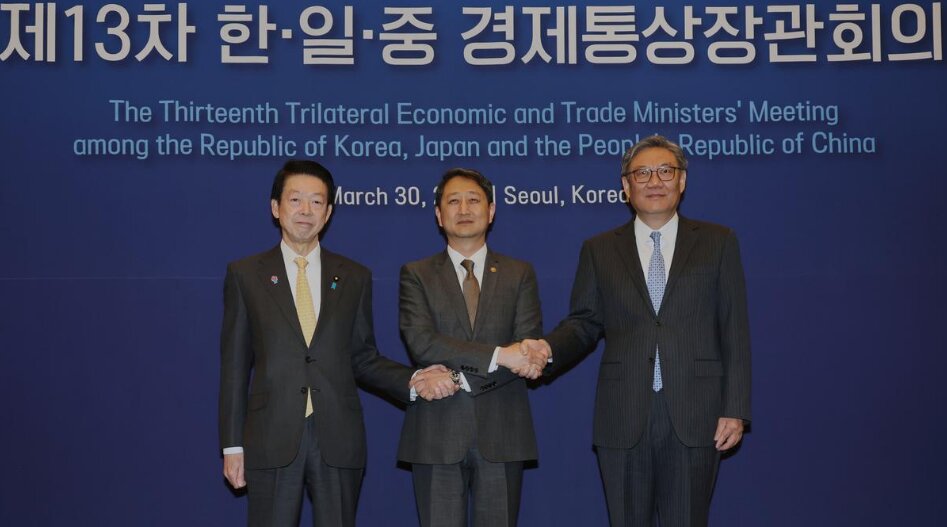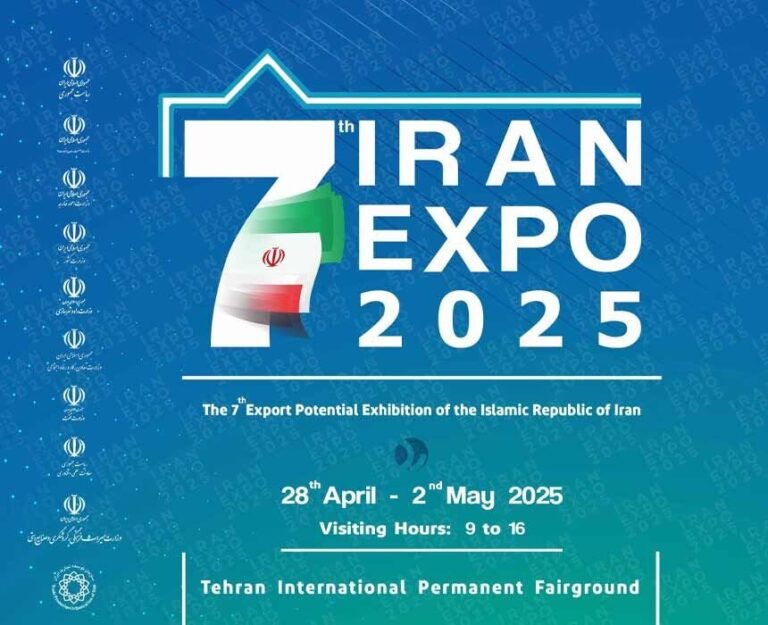China, Japan, and South Korea Unite to Boost Free Trade Agreements
In a significant development for international commerce, the trade ministers of South Korea, Japan, and China have convened to discuss a pivotal free trade agreement. This agreement aims to bolster regional and global trade, a vital aspect of the economies in these three nations. The meeting underscores the importance of collaboration in the face of evolving global trade dynamics.
According to a statement issued post-meeting, the ministers agreed to “closely cooperate for a comprehensive and high-level” dialogue regarding the South Korea-Japan-China free trade agreement. This initiative is seen as a crucial step towards enhancing trade relations and economic cooperation among the three countries.
South Korean Trade Minister Ahn Duk-geun emphasized the need to strengthen the implementation of the Regional Comprehensive Economic Partnership (RCEP), which includes all three nations. He stated, “It is necessary to strengthen the implementation of RCEP and to create a framework for expanding trade cooperation among the three countries through Korea-China-Japan FTA negotiations.”
The timing of this meeting is particularly noteworthy, as it occurs just before former President Donald Trump’s announcement regarding the imposition of additional tariffs. These tariffs are part of what he refers to as “liberation day,” a move that could have far-reaching implications for international trade.
Trump’s recent decision to impose a 25% import tariff on cars and auto parts has raised concerns among industry leaders, particularly those in the Asian automotive sector. These companies are among the largest exporters of vehicles to the United States, and such tariffs could significantly impact their operations and profitability.
- Key Points from the Meeting:
- The ministers are committed to enhancing trade cooperation through the South Korea-Japan-China FTA.
- Implementation of RCEP is a priority for strengthening regional trade.
- The meeting took place ahead of significant tariff announcements by former President Trump.
The discussions during this meeting reflect a broader strategy to navigate the complexities of global trade amid rising protectionist sentiments and trade tensions. The cooperation between South Korea, Japan, and China is essential for creating a unified front in promoting free trade principles while addressing the challenges posed by unilateral tariff measures.
As the global economy continues to evolve, the outcomes of these discussions will be closely watched by industry stakeholders and policymakers alike. The collaboration among these three nations could set a precedent for future trade agreements in the Asia-Pacific region.
In conclusion, the ongoing negotiations for a South Korea-Japan-China free trade agreement signify a crucial step towards reinforcing economic ties and fostering a collaborative trading environment. With global trade dynamics shifting rapidly, the commitment of these nations to work together is a promising sign for the future of international commerce.
Industry experts and analysts will be monitoring the developments closely, as the implications of these trade discussions could resonate beyond the borders of these three countries. The subsequent actions taken by both the trade ministers and the former President will play a pivotal role in shaping the landscape of global trade moving forward.
For businesses and consumers alike, the outcomes of this meeting and the subsequent negotiations will be of great importance. The potential for enhanced trade relations could lead to more competitive pricing, greater product availability, and improved economic conditions in the region.
As we await further announcements and developments, it is clear that the commitment to a comprehensive free trade agreement among South Korea, Japan, and China represents a significant opportunity for economic growth and stability in the Asia-Pacific region.






